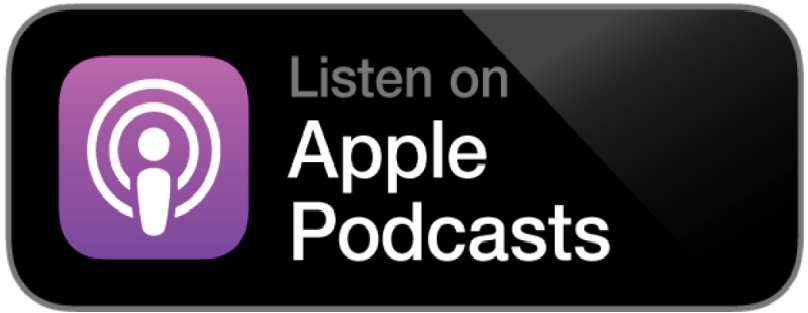Judaism Unbound Episode 402: In The Wilderness – Jory Hanselman Mayschak
Jory Handelsman Mayschak is the founder and CEO of BaMidbar, the nation’s first Jewish wilderness therapy program. She joins Dan Libenson and Lex Rofeberg for a conversation about community-oriented approaches to youth mental health and wellness, all through a distinctly Jewish lens.
Don’t forget to sign up for our new UnYeshiva experience, Dungeons and Dragons and Dreidels with Shawn Harris! The 6-part series will use roleplaying games to explore the biggest questions and issues facing Judaism today. Click here to register and learn more!
[1] Click here to read Jory Hanselman Mayschak’s full biography, and here learn more about her organization, BaMidbar Jewish Wilderness Therapy.
[2] Mayschak cites this research on resilience published by Harvard University’s Center on the Developing Child when describing the similarities between the journey of youth struggling with their mental health and that of the Israelites wandering in the desert.
[3] Dan and Mayschak discuss Nachson ben Aminadav as a model for self-efficacy. According to Rabbinic literature, Nachson was the first Israelite to step into the Red Sea when the tribe was being chased by Egyptians, and thus caused the sea to split. See this Talmud section to read the story in full (Sotah 37:3).
[4] Mayschak briefly mentions “hitting a rock when [she’s] angry” when talking about emotional self-regulation. This is a reference to a Biblical story in which Moses angrily hits a rock instead of speaking to it like God instructed him to. To read the whole story, see this portion of BaMidbar (BaMidbar 20:7-12).
[5] Mayschak references this New York Times article, “There’s a Name for the Blah You’re Feeling: It’s Called Languishing,” when delineating between mental health and wellness.
[6] Content warning: At about minute 38:34, Lex issues the following content warning for our listeners:
This upcoming question contains discussion of suicidal ideation, in that question and in Jory’s answer she addresses that. So if that topic is not one that is going to be healthy for you to listen to, just fast forward this about 3 minutes and fifteen seconds.





